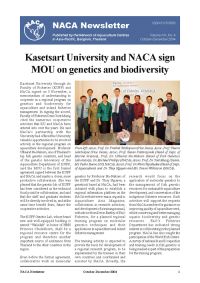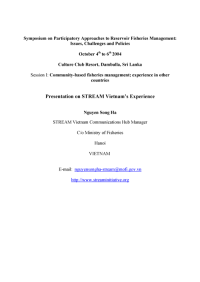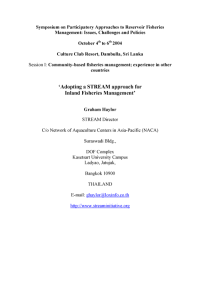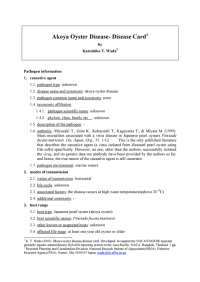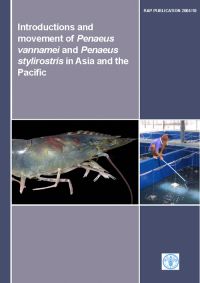In this issue:
Kasetsart University and NACA sign MOU on genetics. Village shrimp health management project in Andhra Pradesh. A committee to manage fish health in Viet Nam. China to promote healthy shrimp farming. Father of China's shrimp aquaculture. NACA collaboration can extend to west and central Asia, Iran mission suggests. STREAM conducts monitoring & evaluation workshop. STREAM to support aquaculture in western Orissa.
Established in early 2002, STREAM Vietnam has so far attained a number of good experiences and lessons in using participatory approaches for its work. The Country Office has been able to link to a wide range of stakeholders, and is working hard to build close relationships amongst them, so that institutional entities can better support the livelihoods of poor aquatic resources users, and support disadvantaged groups of people to improve their living standards by themselves.
This paper advocates strategies, processes and practices that enable: livelihoods approaches rather than resource-based approaches, ‘direct’ institutional and policy development, rather than ‘project demonstrations’, and support for regional, national and local communications. It was presented at the Symposium on Participatory approaches in reservoir fisheries management: Issues, challenges and policy, October 4-6th 2004 at the Culture Club Resort, Dambulla, Sri Lanka hosted by the National Aquaculture Development Authority in collaboration with FAO..
Akoya oyster disease is of concern to the region and was included in the Regional NACA/FAO/OIE quarterly aquatic animal disease (QAAD) reporting list, effective first quarter of 2003, to assist in the collection of occurrence data. This disease card will support the surveillance programs of countries in the Asia-Pacific region.
This report has attempted to gather all of the currently available data on the extent of P. vannamei and P. stylirostris importation and culture in Asia, its potential problems and benefits, to provide a source document from which to investigate further the means by which control over this issue might be re-established. Recommendations aimed at controlling the importation, testing and culture of these species have been made for all levels and are included in this report.
